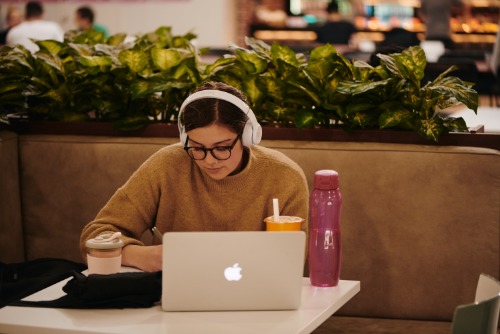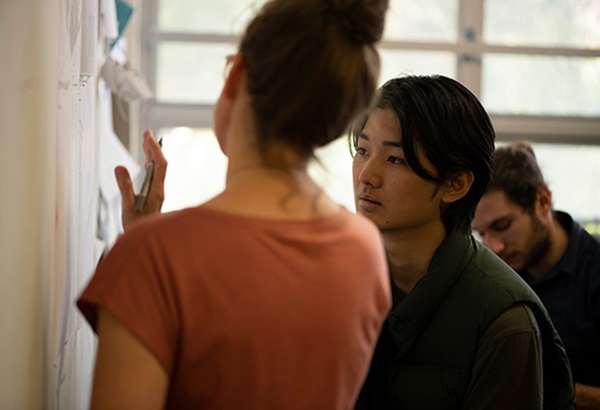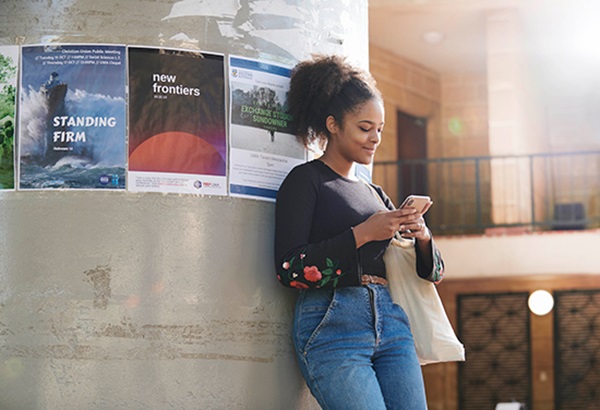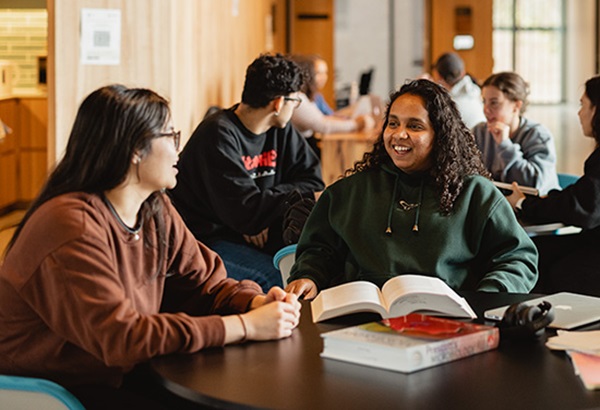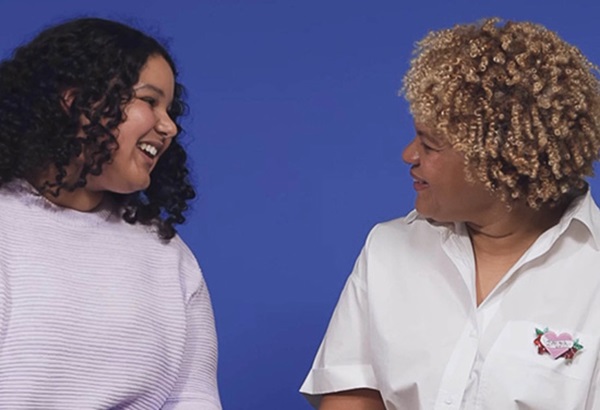The summer holidays are behind us, which means back to school for most. If you’re in Year 8-11, these years of high school are important in shaping your future. If you’re thinking about university after Year 12, you might want to better understand how to maximise your study time, build good habits, discover what you’re good at and uncover your interests. Here are some thought starters on how you can make the most of your years at high school.
Start to set your own study timetables
For a lot of people, the biggest difference between high school and university is the independence. There won’t be teachers following you up on homework or assignments - it’ll all be up to you! So, high school is a great time to learn how to make your own study schedules. Block out times during the week to study and have a clear idea of what you need to get through in that session.
Discover the benefits of habit tracking
Want to study for an extra 20 minutes each day? Or wake up earlier to get an additional hour out of your day? The best place to start is with a habit tracker. You can visually track any habits you’re trying to make (or break) and celebrate your progress along the way. There are plenty of free downloadable guides and apps that can help you get started. Remember, start small and pat yourself on the back each time you get closer to creating a new habit.
Learn how fight procrastination (and win!)
You’ve sat down to study. You’ve got your post-it notes, highlighters and maybe even some tunes in the background. But without even thinking, you immediately reach for your phone and start scrolling. Before you know it, you’ve procrastinated studying for two hours (or more). We’ve all been guilty of this, but time is precious and it’s best to avoid unhealthy distractions like social media. Instead, turn off your devices or put them out of reach. Or if you can’t turn them off because you need to use them, try a distraction-free study app that blocks websites of your choice – say goodbye to aimlessly scrolling Instagram and TikTok when your next assignment is due.
Don’t overdo screen time
Your phone is enough of a distraction as it is, but so is bingeing Netflix or spending too long on your computer (even if you’re studying). Too much screen time can have negative effects on your sleeping pattern and your posture. If you can’t avoid being in front of a screen for a long period of time, try minimising eye strain caused by blue light from the screen by wearing blue light glasses or changing your display settings to warmer settings. And avoid using your phone before bed!
Take a break
It’s good to break up any study time with regular breaks. Step away from your desk, stretch your legs and try get some fresh air. Once you get to UWA, your time between classes will be your own. You can grab a coffee with a friend, watch the dolphins at Matilda Bay, find a spot on the grass at Oak Lawn or take a yoga class with UWA Sport - then hit the books again when you’re ready. If you’re studying at school or at home, you could go for a quick walk.
Set some goals and get organised
We recently wrote an article on New year’s resolutions – and why it’s hard to stick to them and there’s some key things you need to know when you set goals - make sure your goals are SMART (Specific, Measurable, Achievable, Relevant and Time-based). This will make it easier to track your progress. Then it’s important to get organised and make sure you’re planning time to achieve your goals. If you haven’t already, invest in a diary and make sure to write down your top 3 priorities each day. It’s ok not to tick everything off, sometimes chipping away at something makes a big difference.
Unwind and practice self-care
Make sure to take some time for you and prioritise self-care and time to unwind. Activities that give you time out to think and breathe are helpful to re-energise and refresh your body and mind. Consider reading a book, meditating or even just deep breathing – see our tips here. It’s the best thing for your body and mind to take some time out of your busy life and take things a little slower.


